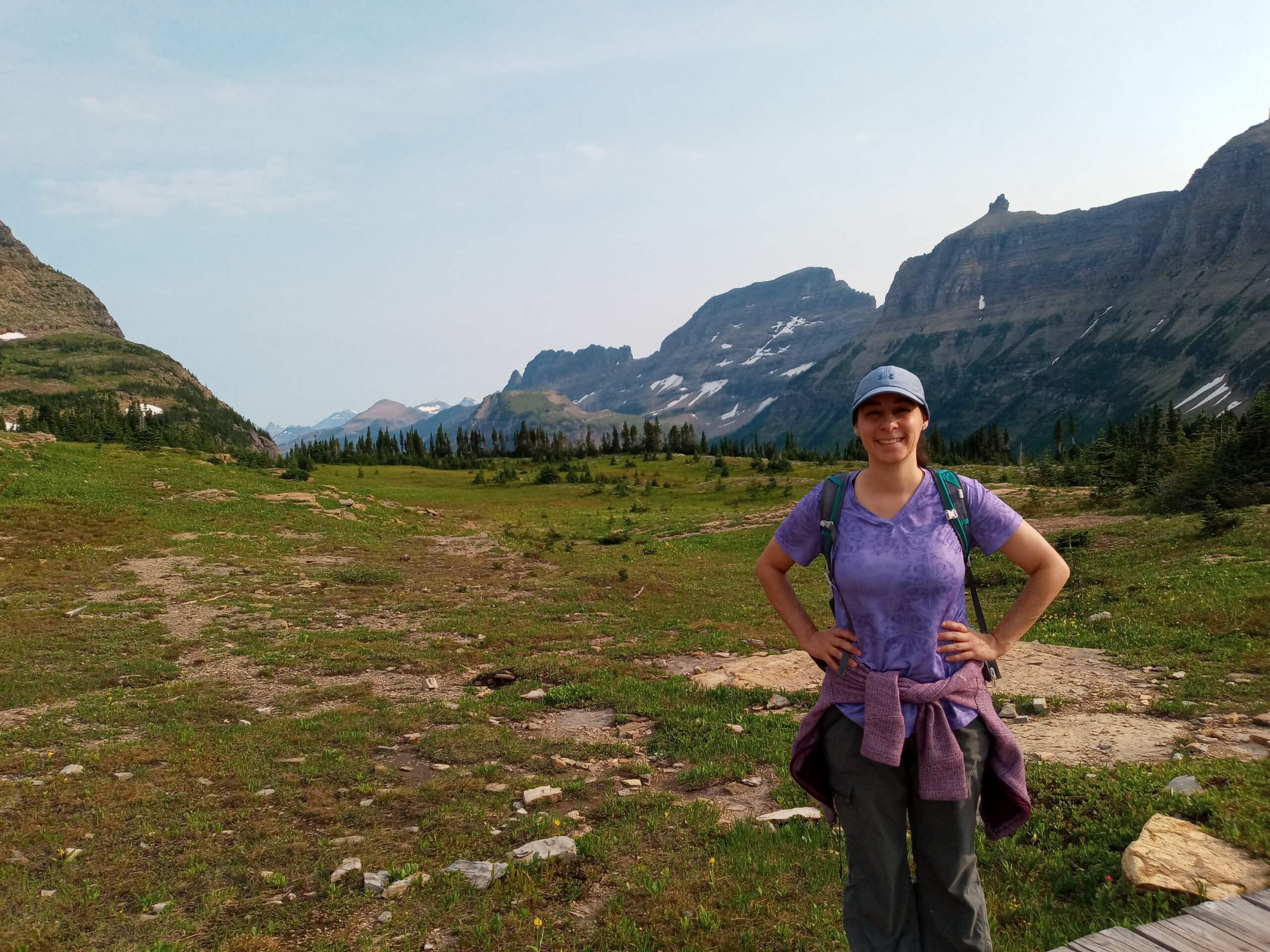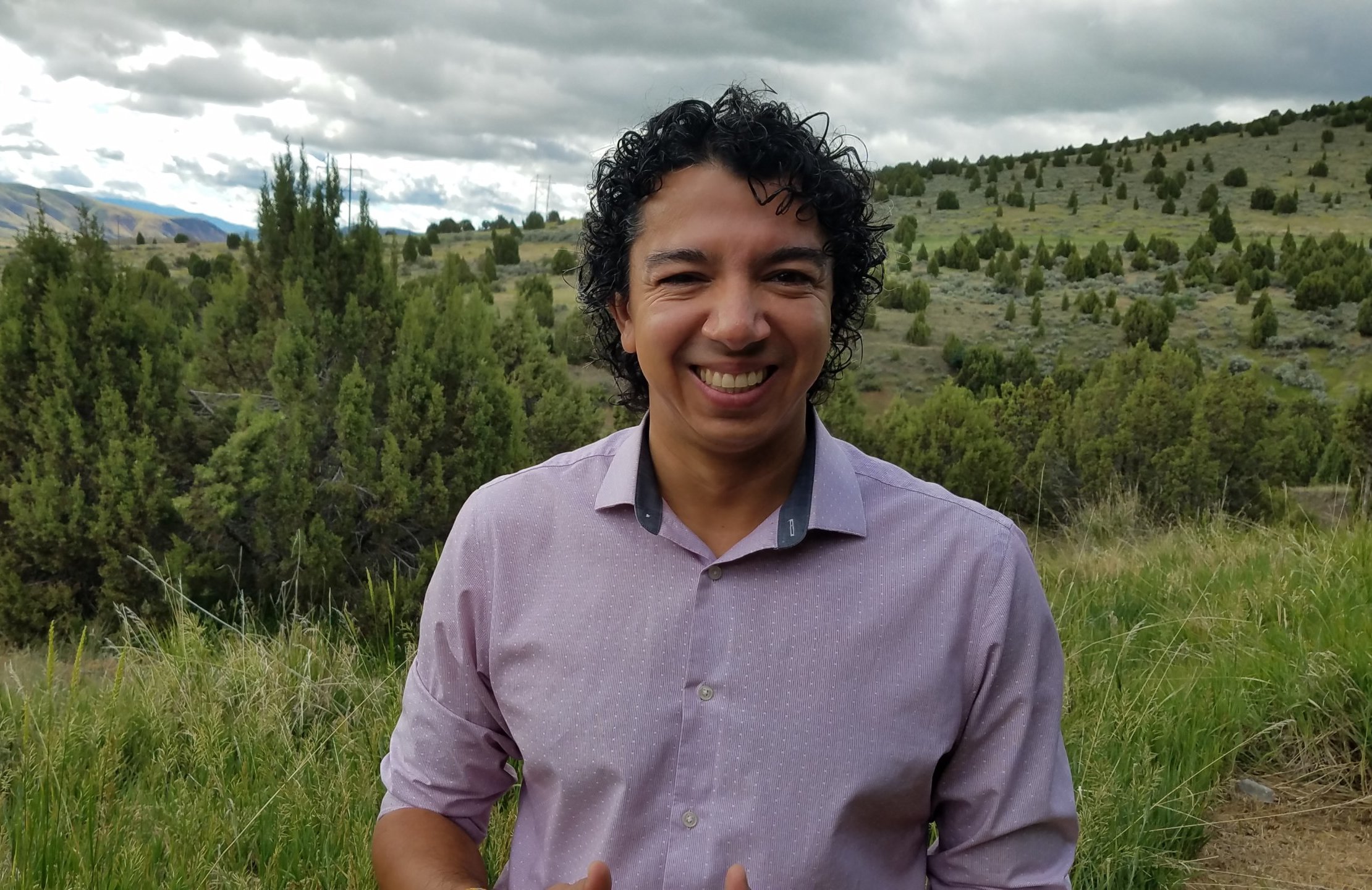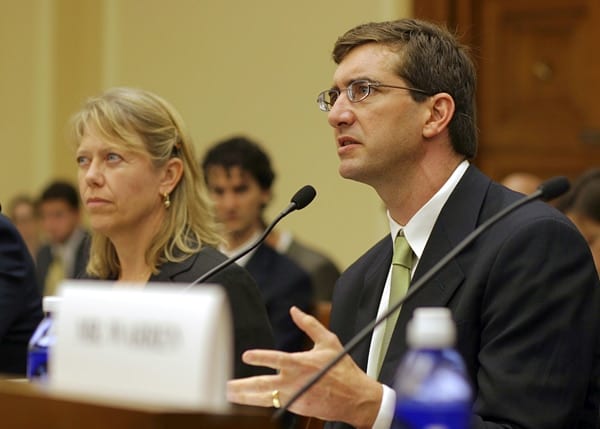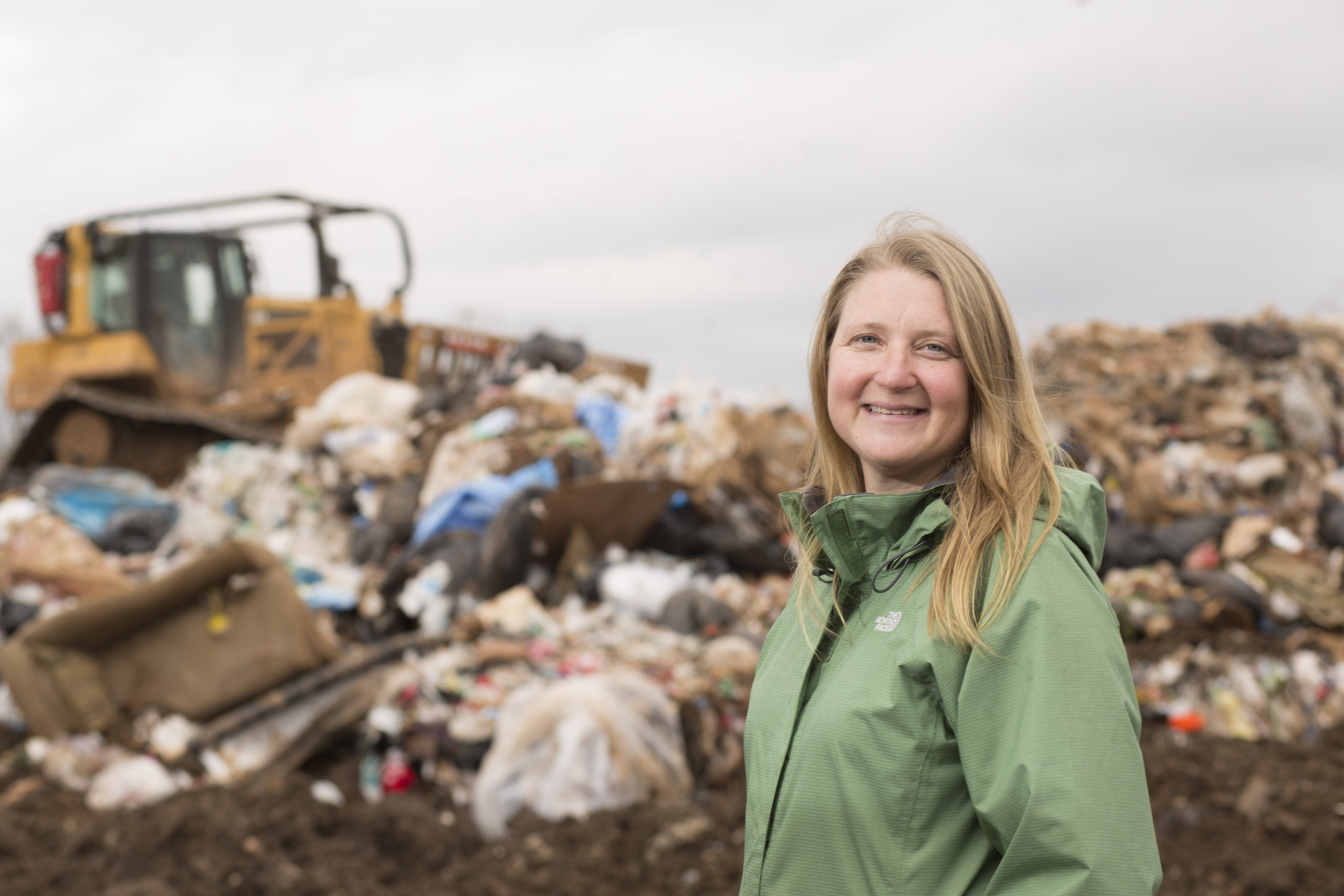A sociologist, educator, and writer, Dr. Adelle Monteblanco is an Assistant Professor of Sociology at Middle Tennessee State University. Adelle studies reproductive environmental health, using science to ensure that every family has the right to gestate and parent their children in a safe environment. She is a proud member of the 2020 cohort of the Scientist Sentinels. She can be reached at: adelle.monteblanco@mtsu.edu or twitter.com/adelle_dora
What does Latino Conservation Week mean to you?
The first answer that comes to mind is that I want to see Latinos in nature and for that nature to be a safe and welcoming place for Latinos to gather, recreate, and learn. In order to make that vision possible for future generations, nature needs to be conserved. My twin sister and I were just in Glacier National Park and when we were on the trails we would chat about how few brown and Black people we were seeing in the park. She works in public policy and I’m a sociologist, so we ask questions like, ‘for how many people is this accessible?’. We thought about potential barriers such as entrance fees, gas, and access to jobs that offer paid time off. Much of my academic research is about making sure that healthy families thrive on a healthy planet. For our mental and physical health, we need beautiful outdoor spaces with healthy air and water, green trees, cool insects to learn from, and bears to watch from a safe distance.
What is it like to be Latina in STEM? What is one story that captures your experience as a Latina in STEM?
It’s important for me to preface my experience by saying that I identify as a person of mixed race/ethnicity and I understand the privilege I have in being a white-passing person. The first thing that comes to mind with that question is the fact that I was an ‘only’ in my environmental science bachelor’s program. At the time, I saw and knew very few women in environmental science and certainly very few women of color. I didn’t have faculty of color in my environmental science program and that was super disappointing. I remember growing up and going to national parks and never seeing rangers who looked like me. And that matters. When I was an undergraduate student, it was easy to feel like I didn’t belong. Fifteen years ago, when I was exploring my role and my path in the environmental field, I didn’t have access to the abundance of social media and the numerous community organizations that celebrate diversity in the environmental field and the outdoors. I love all of the social media and grassroots initiatives today like Latinx in Marine Science and Latino Outdoors. It’s amazing, creating a sense of community across the world, and that was never anything that I had.
What do you think we can do better as a field?
The first thing I think about, especially as a faculty member, is that there is such a disinvestment in higher education. It’s not perceived as the public good it once was. Which is harmful, especially for disciplines in the social sciences and humanities that give us tools to imagine a different future. I think what we can do better is support education at every level. A better investment in higher education would ensure that people have all of the resources they need to study whatever excites them. And since this is Latino Conservation Week, making sure that Hispanic-Serving Institutions have every resource – to help those students get through school in 4 years, not get into too much debt, and have the mentorship that they need – is crucial. Students are often facing a diversity of hurdles: funding, family responsibilities, and/or isolation. But with more resources for smaller classes, student-centered advising, and more scholarships, there is a higher likelihood of them obtaining their degree.
What surprises you about conservation?
There’s often an assumption that Black and brown people don’t care about the environment because they have other things to care about or/and it’s just not perceived as valuable to the community. This assumption is absurd. My family grew up hiking a bit and going to the beach and spending time outdoors. My family saw the value of that and instilled it in me, which was quite a gift. Also, families from a diversity of backgrounds, including my own family, want clean air to breathe and clean water coming from their taps. Much of the prior research concludes that people of color, including those who identify as Hispanics/Latinx, are, on average, more concerned than white people about climate change. And this concern drives action; Latinos are doing great work in organizing, getting their communities to the voting booth, sharing environmental knowledge, and thinking innovatively about solutions to mitigate the climate crisis.
What excites you?
There’s a lot of fire under people’s feet right now in reference to climate change. I was in the Pacific Northwest during the recent historic heat wave. And as we see fires across the west, intense heat, and other environmental hazards across the country, I just think there is a lot more interest in action. So what excites me are young people’s ideas, loud voices, organizing, and brilliance. As an educator I get to work with young people every day. I’m excited about young people building political power and fighting for environmental justice.



